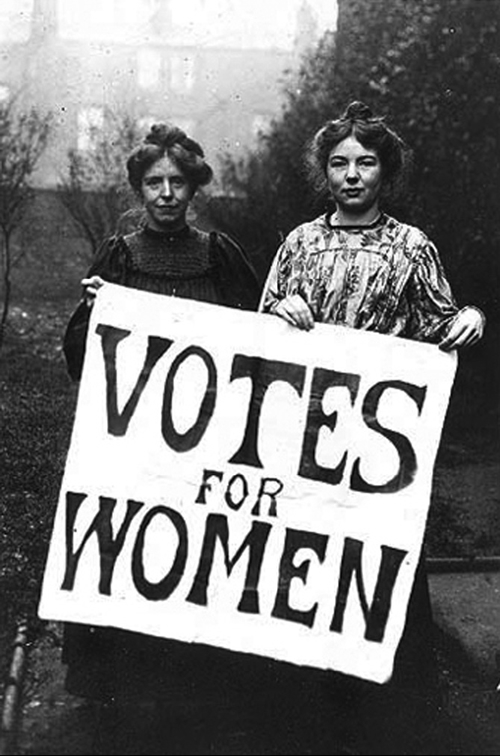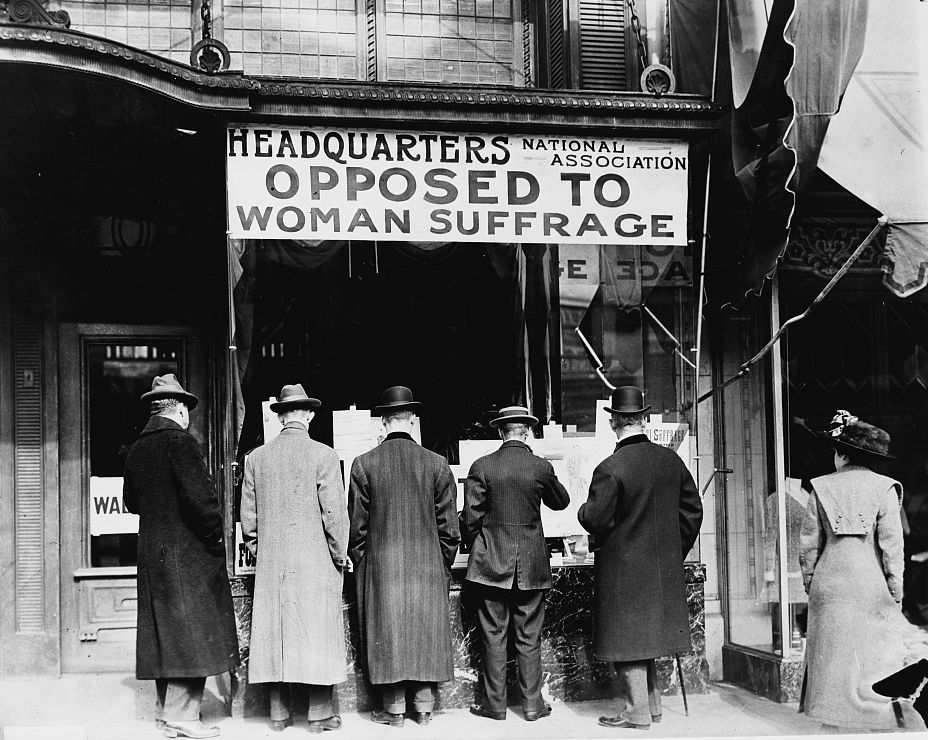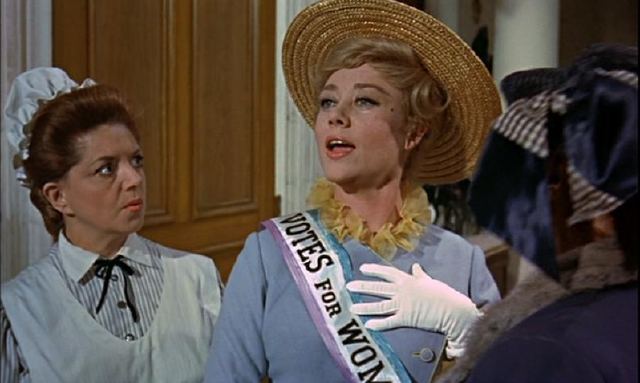TheNoob
Dank Memes
Theodore Roosevelt and Eugene V. Debs have both been renominated by their parties for the Election of 1904.
Ontario and Québec given 5 Electoral Votes, East Canada lowered to 4 due to change in population.
Ontario and Québec given 5 Electoral Votes, East Canada lowered to 4 due to change in population.
Election of 1904
Unitarian Party
Eugene V. Debs
.jpg?1388596051)
Democratic-Republican Party
Theodore Roosevelt

Debs: 267
Roosevelt: 268 (East Canada, Québec, Ontario)


The Election of 1904 was a classic East Vs. West story. Eugene V. Debs fared extremely well in the West, Rockies, and Great Plains, but Roosevelt fared extremely well on the East, South, and Midwest. The Northwest and Northeast both split from the rest of the trend and went with the opposite party, which was an interesting trend. Washington and Oregon easily went to Debs in 1900, but he had visited a local hunting camp in Oregon and made a gaffe. He had told the hunters they wouldn't have to hunt these door anymore should he become president, insinuating he would make sure those people had food. However, the locals took it as he would outlaw hunting. Thus, he lost the Northwest.
Theodore Roosevelt lost half of the Northeast out of sheer bad luck. Despite having improved the economy of New York City and the surrounding areas quite handily, Debs had convinced the lower class of the area that Roosevelt supported the wealthy and large trusts and monopolies, which had been taking money away that was rightfully theirs. After an eavesdropper on magnate Cornelius Vanderbilt heard he was going to law off multiple workers after taking a hit in sales, the word had spread and Roosevelt lost the Northeast.
Roosevelt's Square Deal wasn't believed by many in the Northeast, but in the South and Midwest it was another story. Roosevelt personally traveled through much area within the inner United States and met with many of the local citizens. After hearing many stories from the poor in those areas, he promised he would protect local environments and would work to make sure they would prosper economically. He had convinced the entire region that Debs was going to raise taxes on them to fund his plans to increase benefits for workers, and many in the area had believed him. Roosevelt, also being a proponent of states' rights, garnered much support throughout the South, save Louisiana, Texas, and Alabama.
Roosevelt was also very popular in the North. The new Canadian states saw President Roosevelt as a hero for taking their states back into the U.S. from Canadian control. He had won the vote in all three Northern states by a margin of almost 60%. It was a landslide for the president, leaving Debs utterly humiliated. Debs had campaigned a large amount of time in the North states trying to garner support, but he had most of his support in the West.
Like before, the West was used to liberal and Unitarian politics, which had caused their cities and regions to prosper in recent years. It wasn't a surprise Debs would fare well within that region.
Debs had also promised to end the Canadian-American war now that we had retaken Québec, Ontario, and East Canada. Roosevelt on the other hand believed it should be left to the Congress. And thus President Roosevelt, having been reelected, has asked the Congress to decide whether to train more troops and continue the war, or to end it now.
Unitarian Party
Eugene V. Debs
.jpg?1388596051)
Democratic-Republican Party
Theodore Roosevelt

Debs: 267
Roosevelt: 268 (East Canada, Québec, Ontario)


The Election of 1904 was a classic East Vs. West story. Eugene V. Debs fared extremely well in the West, Rockies, and Great Plains, but Roosevelt fared extremely well on the East, South, and Midwest. The Northwest and Northeast both split from the rest of the trend and went with the opposite party, which was an interesting trend. Washington and Oregon easily went to Debs in 1900, but he had visited a local hunting camp in Oregon and made a gaffe. He had told the hunters they wouldn't have to hunt these door anymore should he become president, insinuating he would make sure those people had food. However, the locals took it as he would outlaw hunting. Thus, he lost the Northwest.
Theodore Roosevelt lost half of the Northeast out of sheer bad luck. Despite having improved the economy of New York City and the surrounding areas quite handily, Debs had convinced the lower class of the area that Roosevelt supported the wealthy and large trusts and monopolies, which had been taking money away that was rightfully theirs. After an eavesdropper on magnate Cornelius Vanderbilt heard he was going to law off multiple workers after taking a hit in sales, the word had spread and Roosevelt lost the Northeast.
Roosevelt's Square Deal wasn't believed by many in the Northeast, but in the South and Midwest it was another story. Roosevelt personally traveled through much area within the inner United States and met with many of the local citizens. After hearing many stories from the poor in those areas, he promised he would protect local environments and would work to make sure they would prosper economically. He had convinced the entire region that Debs was going to raise taxes on them to fund his plans to increase benefits for workers, and many in the area had believed him. Roosevelt, also being a proponent of states' rights, garnered much support throughout the South, save Louisiana, Texas, and Alabama.
Roosevelt was also very popular in the North. The new Canadian states saw President Roosevelt as a hero for taking their states back into the U.S. from Canadian control. He had won the vote in all three Northern states by a margin of almost 60%. It was a landslide for the president, leaving Debs utterly humiliated. Debs had campaigned a large amount of time in the North states trying to garner support, but he had most of his support in the West.
Like before, the West was used to liberal and Unitarian politics, which had caused their cities and regions to prosper in recent years. It wasn't a surprise Debs would fare well within that region.
Debs had also promised to end the Canadian-American war now that we had retaken Québec, Ontario, and East Canada. Roosevelt on the other hand believed it should be left to the Congress. And thus President Roosevelt, having been reelected, has asked the Congress to decide whether to train more troops and continue the war, or to end it now.












 I send my condolences.
I send my condolences.






